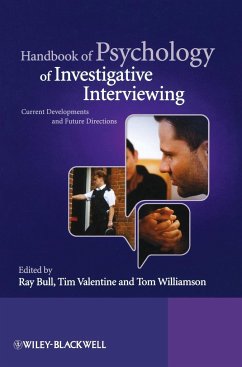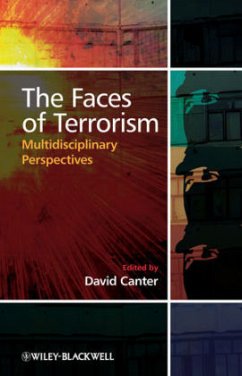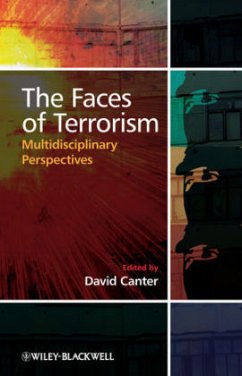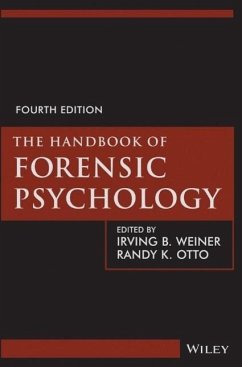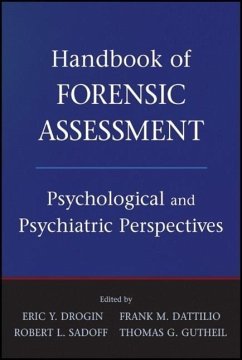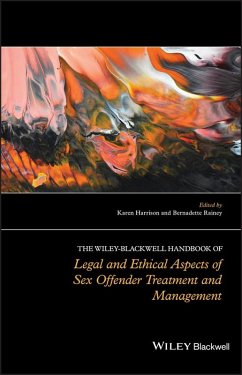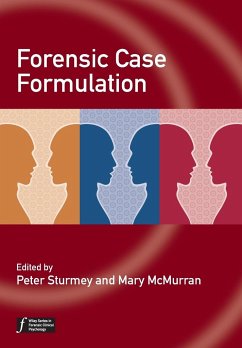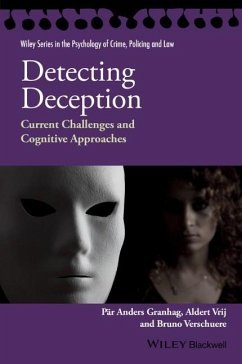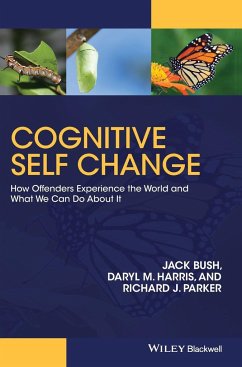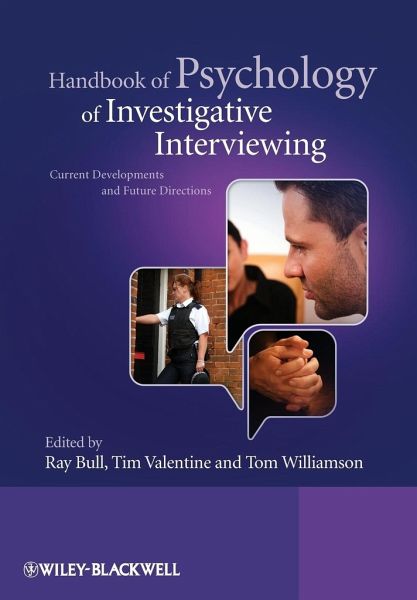
Handbook of Psychology of Inve

PAYBACK Punkte
34 °P sammeln!
This authoritative handbook explores current developments in the rapidly developing field of investigative interviewing. The old interrogation model has come under scrutiny following miscarriages of justice, creating a need for a new understanding of the complex psychological processes involved with questioning conducted as part of criminal investigations. This book takes a holistic and international approach with sections on eyewitness identification and evaluating truthfulness, and coverage of developments in several countries.
Investigative interviewing, and the information obtained from witnesses and victims, plays a vital role in criminal investigations. This comprehensive handbook explores current developments taking place in this rapidly developing field.
An authoritative handbook created by prestigious editors and an international team of recognised authors
International in its focus - the book assesses current developments taking place in several countries
Takes a holistic approach to the process by including sections on eyewitness indentification and evaluating truthfulness
An authoritative handbook created by prestigious editors and an international team of recognised authors
International in its focus - the book assesses current developments taking place in several countries
Takes a holistic approach to the process by including sections on eyewitness indentification and evaluating truthfulness



